Optimal Timing for Concrete Overlays
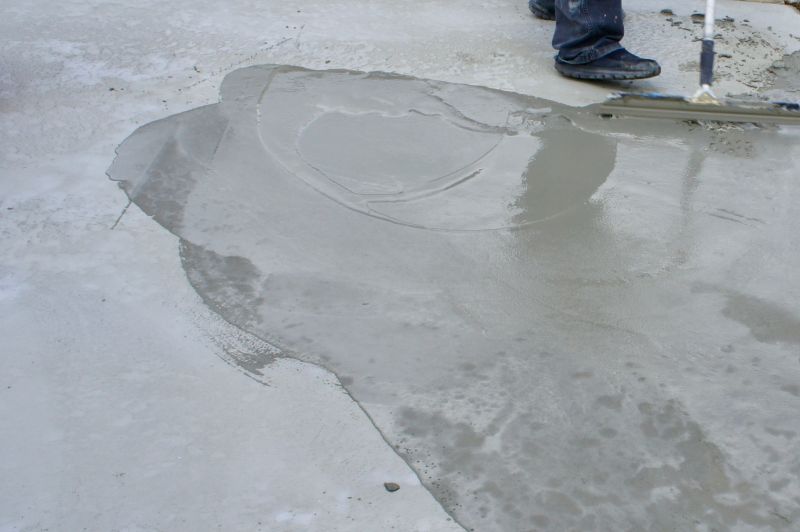
Spring offers moderate temperatures and lower humidity, ideal for proper curing and adhesion of overlays.
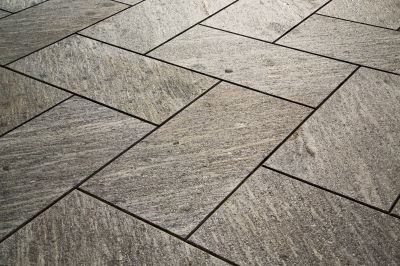
Summer provides warm weather, but high temperatures and humidity can affect curing times and adhesion quality.
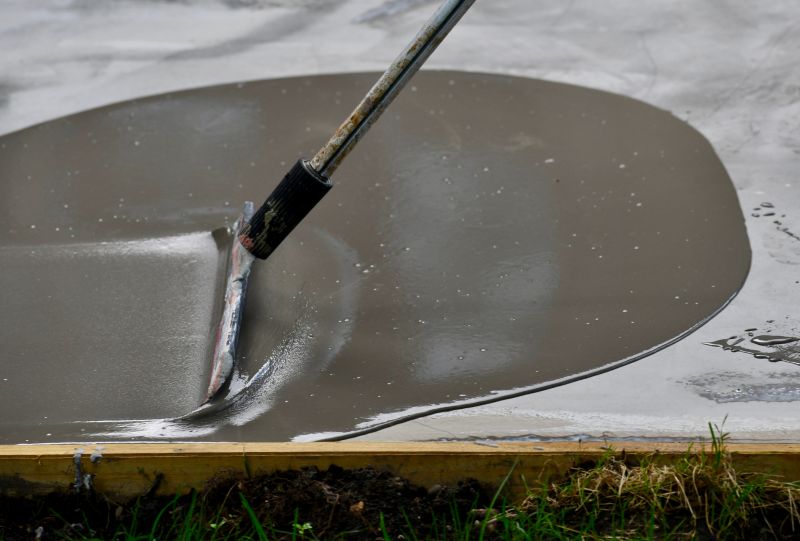
Fall's cooler temperatures and lower humidity create favorable conditions for overlay installation and curing.
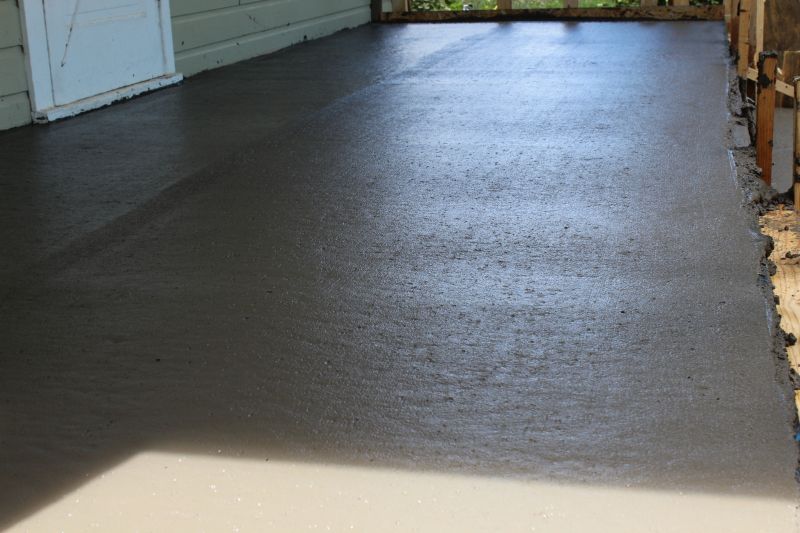
Ways to make Concrete Overlay Installerses work in tight or awkward layouts.
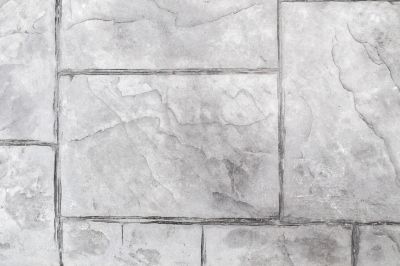
Popular materials for Concrete Overlay Installerses and why they hold up over time.
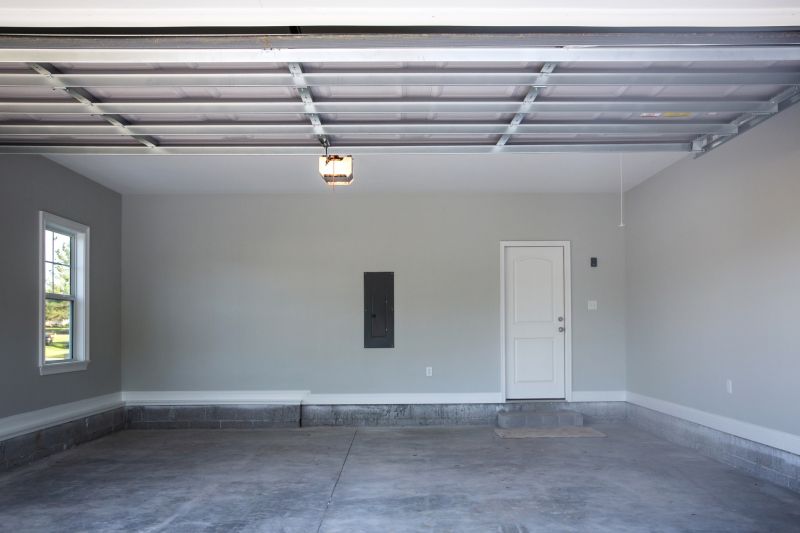
Simple add-ons that improve Concrete Overlay Installerses without blowing the budget.
Concrete overlays are a popular solution for revitalizing existing surfaces, providing a durable and aesthetically pleasing finish. They involve applying a thin layer of concrete or polymer-modified overlay material over existing concrete surfaces. Proper timing of installation can significantly impact the longevity and appearance of the overlay. Generally, the best times for installation are during mild weather conditions, avoiding extreme cold or heat, which can hinder proper curing and adhesion.
Temperatures between 50°F and 85°F with low humidity are optimal for overlay installation and curing.
Avoid installing overlays during freezing temperatures or extreme heat to prevent cracking and improper curing.
Spring and fall are typically preferred seasons due to moderate weather, ensuring better results.
High humidity can delay curing times, while low humidity promotes faster, even setting.
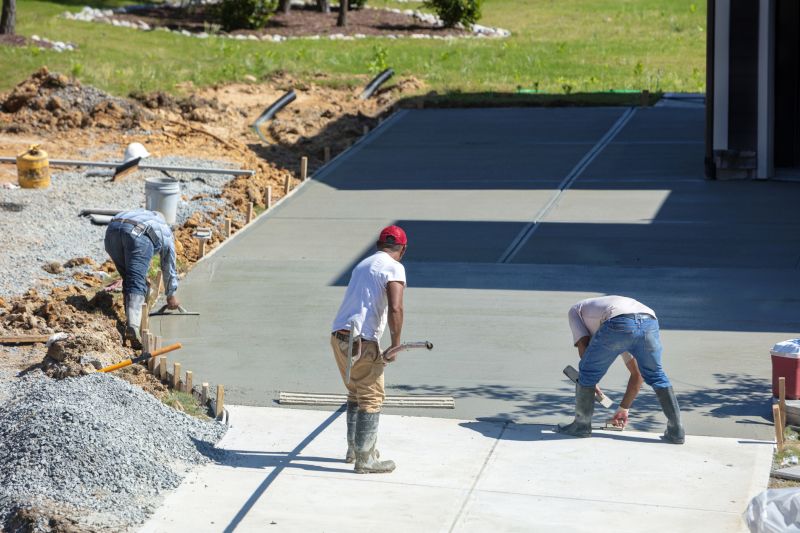
Technicians applying overlay material on a driveway surface.
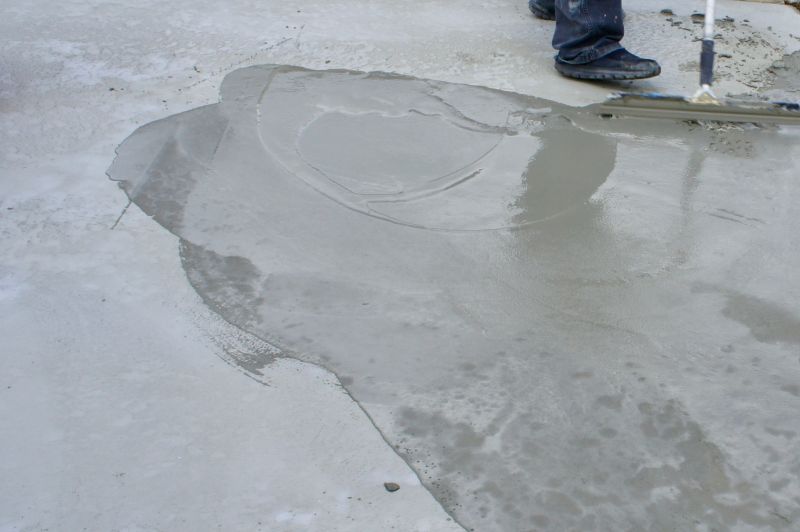
Overlay surface being cured under controlled conditions.
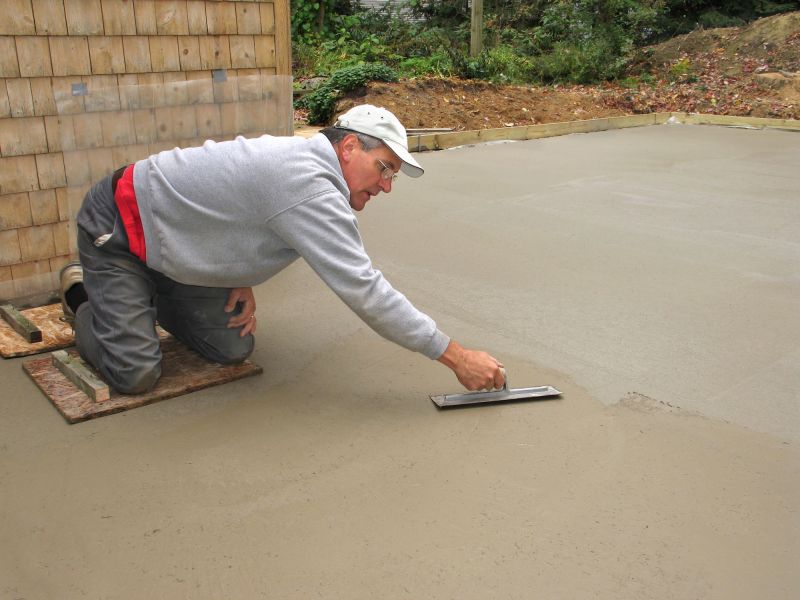
Overlay being installed during favorable weather conditions.
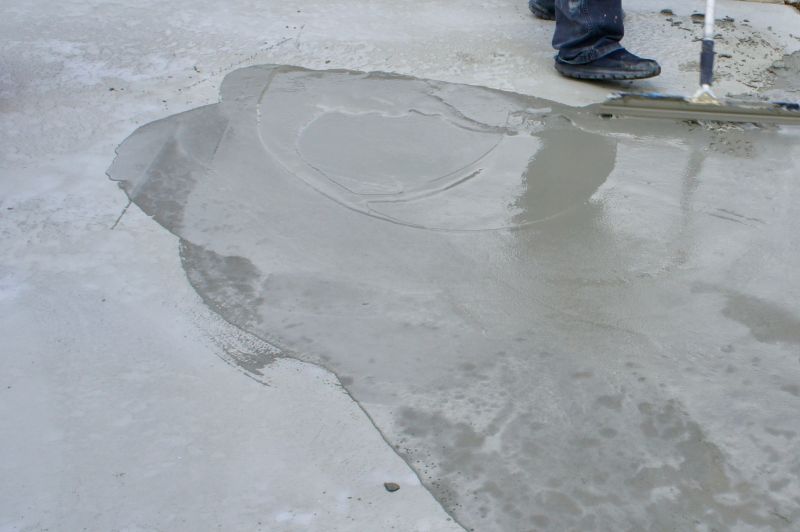
Existing concrete surface being prepared for overlay application.
| Season | Optimal Conditions |
|---|---|
| Spring | Moderate temperatures, low humidity, ideal for curing. |
| Summer | Warm weather; caution needed during high heat. |
| Fall | Cooler temperatures, lower humidity, suitable for installation. |
| Winter | Not recommended due to freezing temperatures and moisture risks. |
| Late Spring | Favorable conditions for long-lasting results. |
| Early Fall | Good weather window for installation. |
| Late Fall | Potential for unpredictable weather; caution advised. |
| Early Summer | Possible high temperatures; monitor weather conditions. |
Choosing the appropriate time for concrete overlay installation involves considering temperature, humidity, and seasonal weather patterns. Installing during periods of stable, mild weather helps ensure proper adhesion, curing, and durability of the overlay. Extreme weather conditions, such as freezing temperatures or excessive heat, can compromise the quality of the finish and lead to future issues. Planning ahead and monitoring weather forecasts can optimize results and extend the lifespan of the overlay surface.
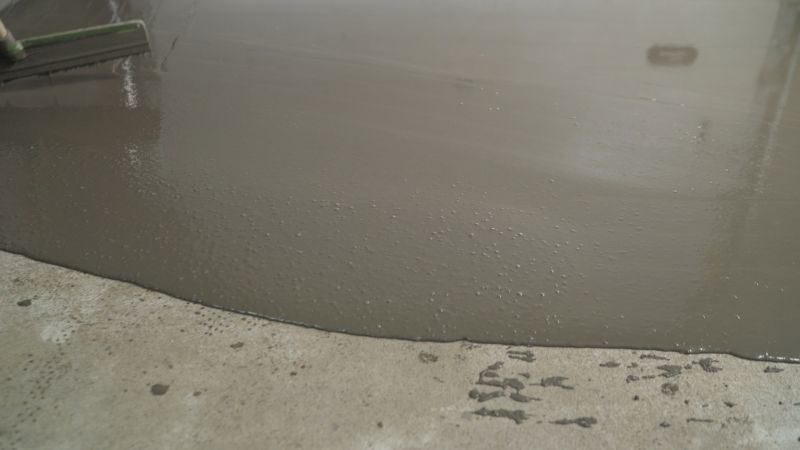
Surface being cleaned and prepared for overlay application.
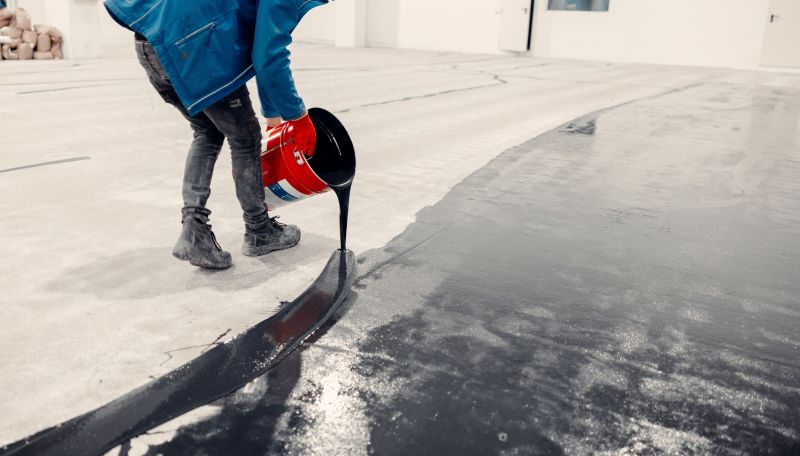
Overlay material being applied with proper tools.
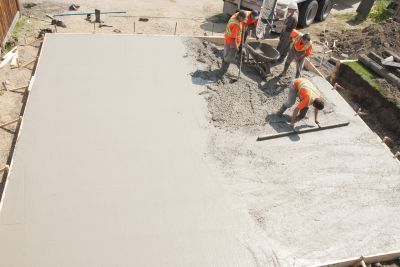
Technicians working under suitable weather conditions.
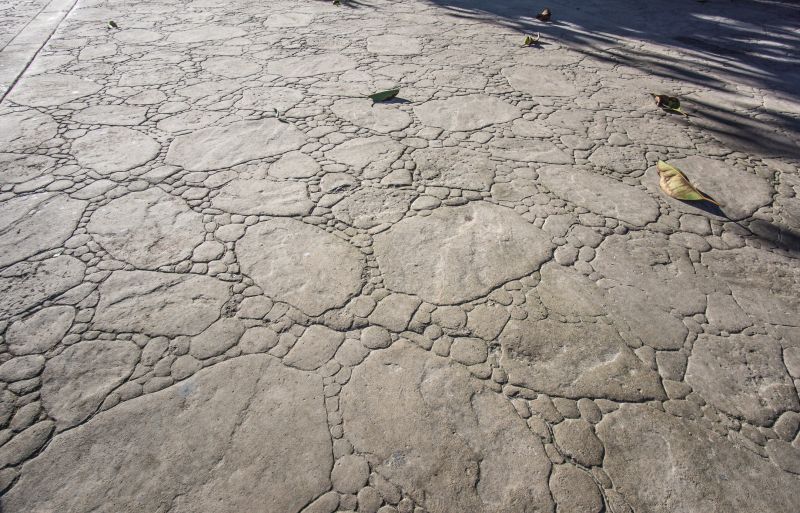
Completed surface with decorative finish.
Interested parties are encouraged to contact for more information regarding the timing and process of concrete overlay installations. Proper scheduling and preparation are essential for achieving durable and visually appealing results. Professional consultation can help determine the best window for installation based on local climate conditions and project requirements.
